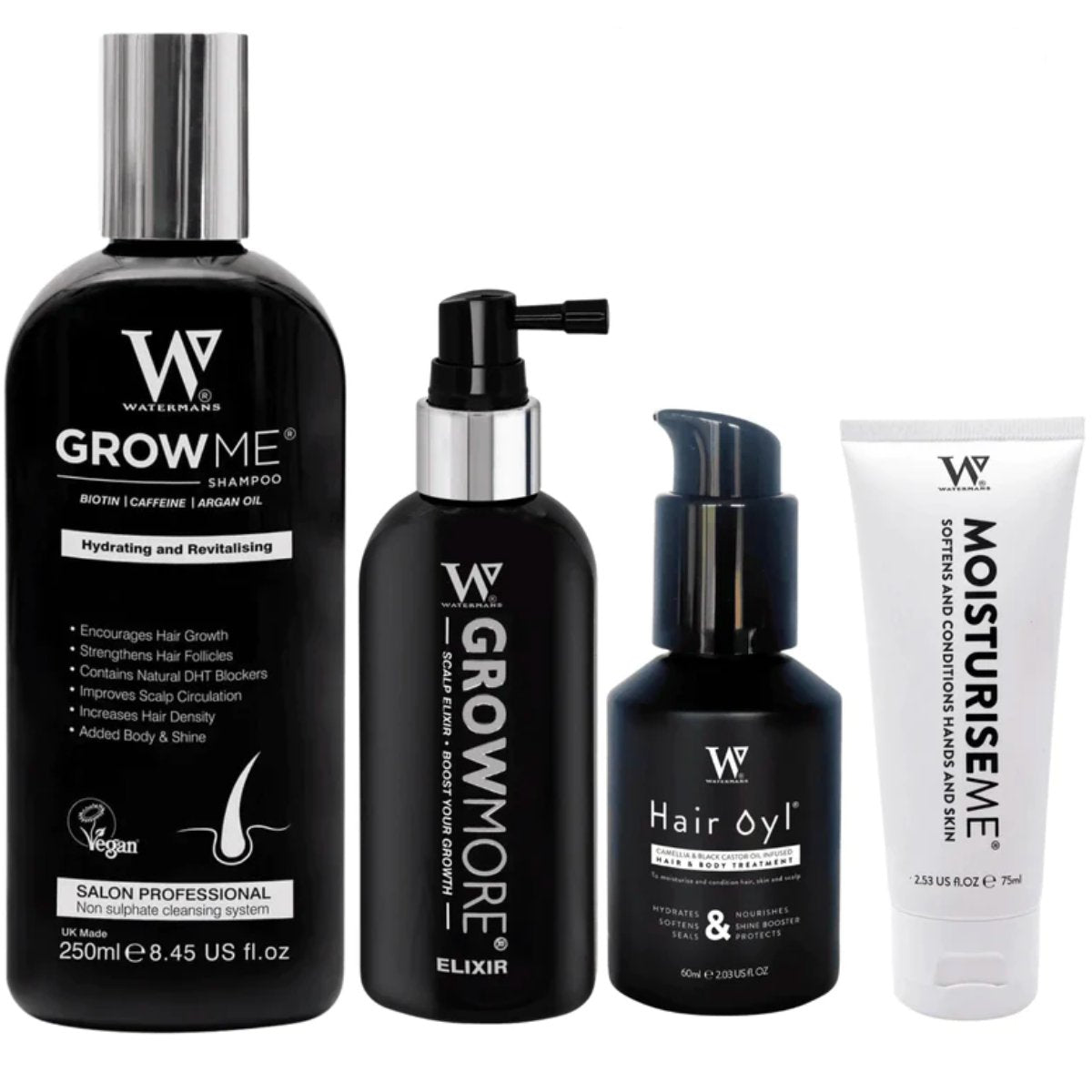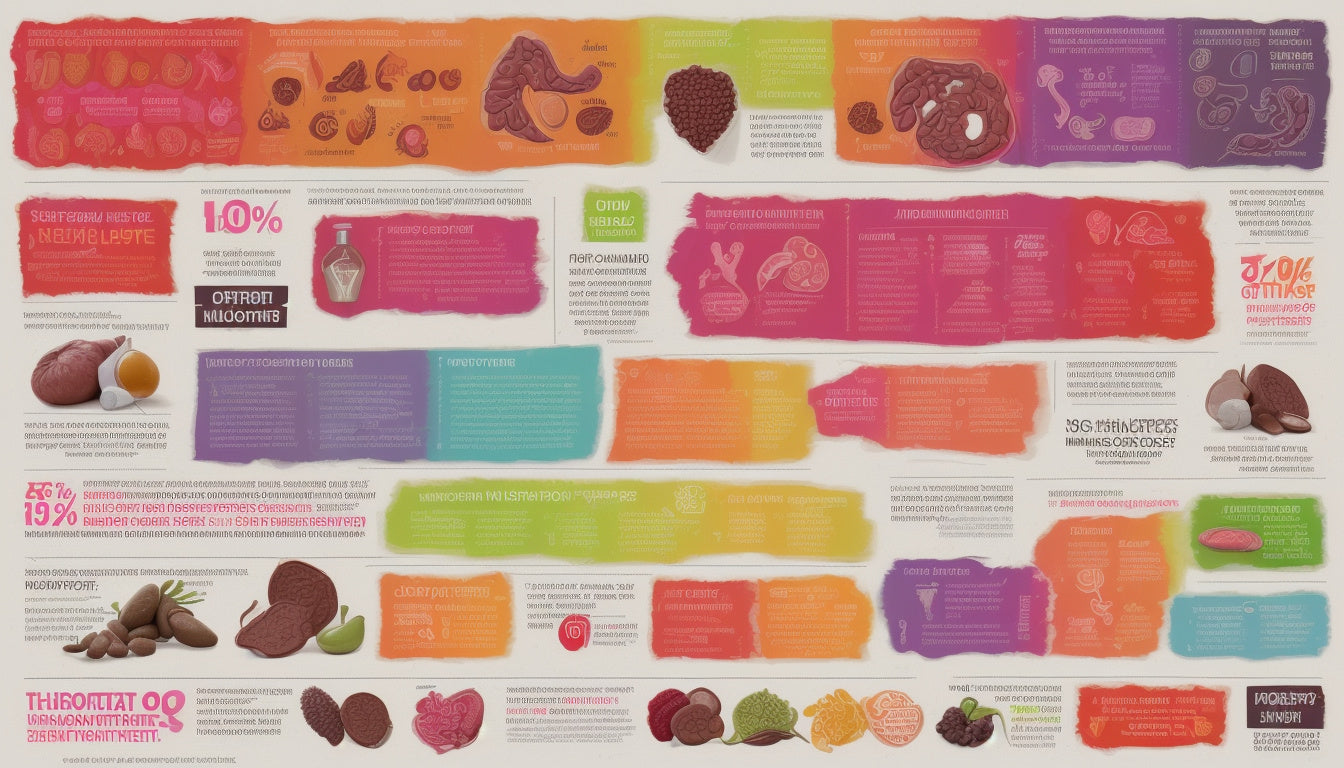
The Shocking Truth About Vegetable Oil: Why You Should Cut It Out of Your Diet Today!
Vegetable oils are often marketed as a healthy alternative to animal fats, but the truth behind these oils is far from what many people believe. Despite their name, vegetable oils might not come from the wholesome vegetables you imagine, and consuming them could be doing more harm than good.
What Are Vegetable Oils Really Made From?
Contrary to popular belief, vegetable oils are not primarily extracted from vegetables like leafy greens or carrots. In fact, vegetables contain very little fat. The oils labeled as “vegetable oils” mostly come from grains and legumes, such as corn, soybeans, canola (rapeseed), and cottonseed.
These oils undergo heavy processing and refining, which alters their natural chemical structure. Because of their origin and manufacturing process, these oils are often referred to more accurately as grain or bean oils rather than true vegetable-based fats.
Why Vegetable Oils Are Harmful to Your Health
High in Omega-6 Fatty Acids
Vegetable oils are rich in omega-6 polyunsaturated fatty acids. While omega-6 fats are essential in small amounts, the typical Western diet contains a disproportionately high amount of them. This imbalance can promote inflammation in the body, which is linked to many chronic health problems including heart disease, obesity, and autoimmune disorders.
Prone to Oxidation and Tissue Damage
One of the biggest concerns with vegetable oils is that they are fragile and easily oxidized. Oxidation occurs when these oils interact with oxygen, light, or heat during processing or cooking, producing harmful compounds known as free radicals. These free radicals can damage cells and tissues, increasing inflammation and potentially accelerating aging and disease progression.
Excessive Consumption in the U.S.
On average, a person in the United States consumes about 70 pounds of vegetable oils each year. This staggering amount contributes heavily to the inflammation burden and can negatively impact metabolic health.
The Misleading “Healthy” Label
Because these oils come from plants, many assume they are inherently healthy. However, the nutrient profile of these oils is very different from that of whole vegetables. Leafy greens and true vegetables contain minimal fat and offer vitamins, minerals, and antioxidants—not the processed and inflammatory fats found in vegetable oils.
Healthier Alternatives to Vegetable Oils
To reduce inflammation and promote overall health, it’s important to limit consumption of vegetable oils and choose healthier fats instead. Some better options include:
- Olive oil (particularly extra virgin)
- Avocado oil
- Coconut oil (in moderation)
- Butter or ghee (from grass-fed sources)
- Nuts and seeds (in whole form)
These fats provide more stable chemical structures, beneficial fatty acids, and antioxidants that support your body’s wellbeing.
Conclusion: Cut Out Vegetable Oil for Better Health
The so-called “vegetable oils” are more accurately described as processed grain or bean oils loaded with omega-6 fats. Their tendency to oxidize and cause inflammation means they may contribute to chronic diseases if consumed excessively.
For improved health and reduced inflammation, it is advisable to eliminate or dramatically reduce your intake of vegetable oils and opt for healthier, more natural fat sources.
If you are also concerned about other health and wellness issues like hair loss or finding the right hair products, consider checking out Watermans, where you can find solutions designed with your wellbeing in mind.
By understanding the hidden truth about vegetable oils and making conscious dietary changes, you can protect your body and promote long-lasting health.













